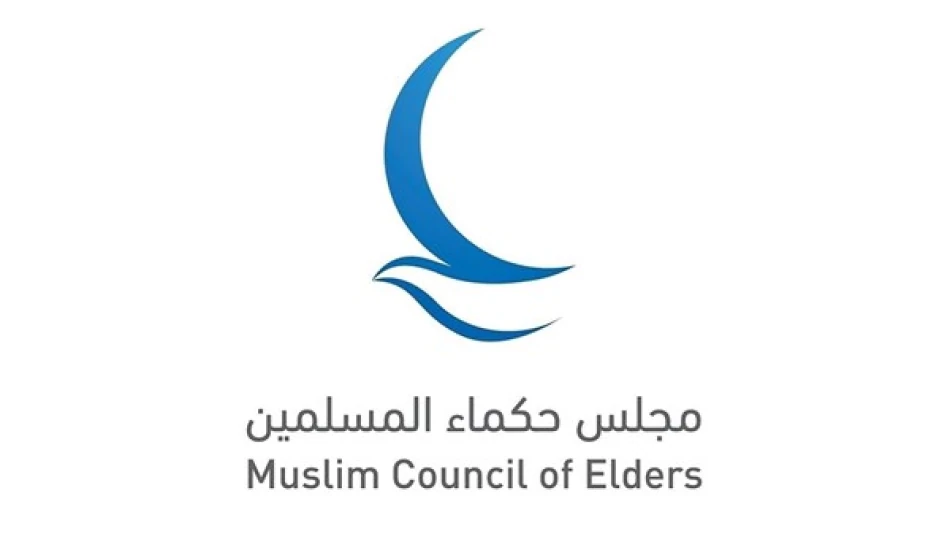
Muslim Scholars Condemn Israel's Occupation of Gaza in Strongly Worded Statement
Muslim Council of Elders Condemns Israeli Gaza Occupation Decision as Regional Stability Hangs in Balance
The Muslim Council of Elders, led by Al-Azhar's Grand Imam Ahmed al-Tayyeb, has issued a sharp condemnation of Israel's ministerial cabinet decision regarding Gaza occupation, warning that continued Israeli policies threaten to destabilize regional peace efforts and undermine decades of diplomatic work toward a comprehensive Palestinian solution.
Religious Authority Challenges Israeli Policy Direction
The Council's statement represents more than routine diplomatic protest—it signals growing frustration among Islamic religious institutions with what they perceive as escalating Israeli unilateralism. Al-Azhar, as Sunni Islam's most prestigious seat of learning, carries significant influence across the Muslim world, making this condemnation particularly resonant for regional governments and populations.
The timing of this statement coincides with broader regional tensions, where traditional diplomatic channels have struggled to produce meaningful progress on Palestinian statehood or conflict resolution.
Humanitarian Crisis Framing Gains International Traction
Beyond Religious Rhetoric
The Council's emphasis on "killing, starvation policies, and forced displacement" aligns with international humanitarian organizations' growing concerns about Gaza's civilian population. This framing has proven effective in international forums, where humanitarian law violations carry more legal weight than purely political grievances.
The reference to "seven decades of suffering" deliberately connects current events to the 1948 Arab-Israeli conflict, reinforcing Palestinian historical narratives while appealing to international audiences increasingly focused on prolonged displacement situations globally.
Regional Security Implications
The warning about "dire consequences threatening regional and global peace" reflects genuine concerns among Middle Eastern powers about conflict spillover. Recent regional developments—from normalization agreements to proxy conflicts—have created a complex security environment where Gaza escalations can rapidly affect broader strategic calculations.
International Community Pressure Tactics
The Council's appeal to "global human conscience" and international legal responsibilities represents a sophisticated diplomatic strategy. Rather than limiting criticism to Israeli actions, the statement challenges international institutions' effectiveness, potentially increasing pressure on European and American policymakers who face domestic constituencies concerned about humanitarian outcomes.
This approach mirrors successful advocacy strategies used in other protracted conflicts, where religious and moral authorities have leveraged international law frameworks to constrain state behavior. The emphasis on "legal, moral, and humanitarian responsibilities" specifically targets Western governments' stated commitments to rules-based international order.
Strategic Timing and Regional Context
The statement emerges amid shifting regional dynamics, where traditional Arab-Israeli normalization processes have stalled over Palestinian issues. The Council's intervention suggests religious authorities are filling diplomatic voids left by struggling state-to-state negotiations.
For regional stability, this religious institutional involvement could either provide new mediation channels or further complicate secular diplomatic efforts. The outcome will likely depend on whether international actors engage with these religious voices constructively or dismiss them as purely political theater.
Most Viewed News

 Layla Al Mansoori
Layla Al Mansoori






